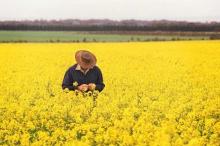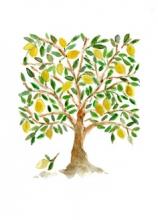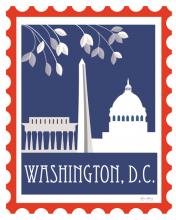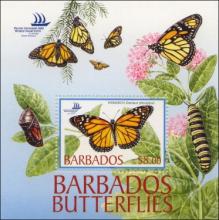An open letter from OBA president Dan Davidson to fellow farmers in Ontario
The Ontario Beekeepers Association (OBA) is requesting support to ban neonicotinoid pesticides. Neonicotonoids have been implicated in widespread bee deaths across the province and over 150 peer reviewed papers have been published supporting this evidence. Meanwhile OMAF stats show less than 4% yield improvements from using seeds treated with neonics. As part of the OBA’s commitment to work with their agricultural partners as they advocate for the suspension of neonicotinoid pesticides, they have circulated an open letter from OBA president Dan Davidson to fellow farmers in Ontario (attached).










